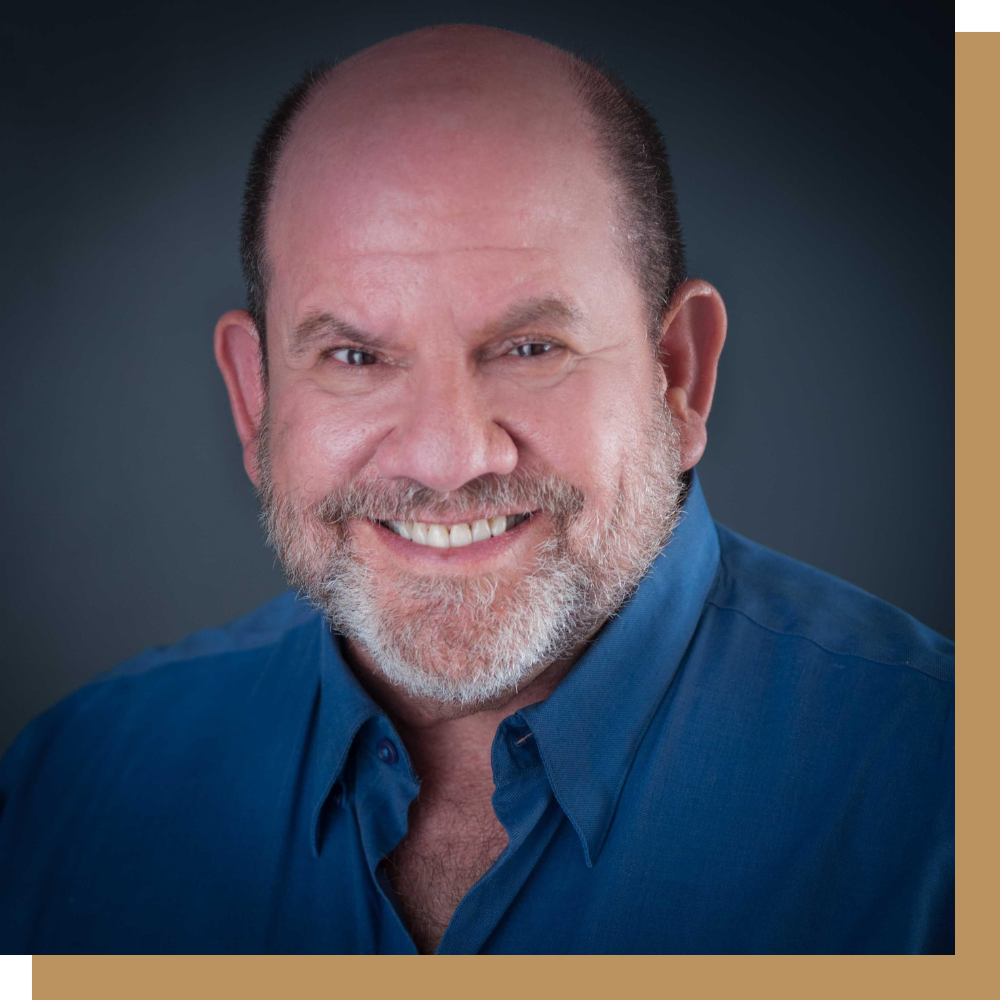The Architecture of Relationships
AUGUST 28TH 2024
EPISODE 57: The Architecture of Relationships
Have you ever found yourself in a relationship that felt like a constant battle, where every disagreement escalated into a full-blown war? Or perhaps you've experienced the opposite, a partnership so secure and harmonious that it seemed to defy the odds? What if the key to creating a lasting, fulfilling relationship lies in this podcast?
In this episode, Dr Scott is joined by Dr. Stan Tatkin, a pioneer in the field of couples therapy and the developer of the Psychobiological Approach to Couple Therapy® (PACT). With a deep understanding of attachment theory, neuroscience, and interpersonal neurobiology, Dr. Tatkin has dedicated his career to helping couples build secure, resilient relationships that withstand the test of time.
Together, they delve into the intricate dance between our brains and our bonds, exploring how our early experiences shape our attachment styles and how those styles manifest in our adult relationships. They will uncover the neuroscientific underpinnings of secure functioning, discussing the importance of honesty, fairness, and mutual support in creating a strong partnership.
But it's not just about theory; Dr. Tatkin will share practical strategies for finding an ideal partner, navigating differences, and tolerating the inevitable pain and discomfort that come with any long-term commitment. They will discuss the role of transparency, setting up guardrails, and creating a shared vision for the future – all essential elements in building a relationship that not only survives but thrives.
Whether you're in a committed partnership, navigating the dating world, or simply seeking to understand the complexities of human connection, this episode promises to be a transformative exploration of the neuroscience behind secure relationships.
Topics We Break Down:
How couples are the only democratic union to come together without a shared vision.
Why it's vital to build relationships on the same foundation, and how to go about it.
Helpful tips for setting up guardrails in relationships.
How to identify your ideal partner.
The impermanence of attraction, and the difference between love and compatibility.
Dissecting the roles of society and basic human nature in problematic relationships.
How it's always possible to work through deficits and gain new relationship skills.
LISTEN TO THE EPISODE
Show Notes
Episode Links:
Kohlberg's Theory of Moral Development
Discount Codes:
Save 10% at Omala with offer code DRSCOTT10
Save 10% on The Embody Lab’s live and online workshops and certificate programs* with the offer code GENTLYUSED10
*Does not apply to in-person events or best-sellers.
Special Guest
Dr. Stan Tatkin
Dr. Stan Tatkin is a clinical psychologist, author, and developer of the Psychobiological Approach to Couple Therapy® (PACT). He is well-known for his work in the field of couples therapy, focusing on attachment theory, neuroscience, and interpersonal neurobiology.
Tatkin earned his doctorate in clinical psychology at the California Graduate Institute (CGI), now known as The Chicago School of Professional Psychology, in 1998. He has since become a prominent figure in the field of couples therapy, blending his background in psychobiology with attachment theory to create a comprehensive approach to understanding and improving relationships.
One of Tatkin's central ideas is the concept of "secure functioning" in relationships. He argues that healthy relationships are based on a foundation of mutual trust, respect, and emotional safety. Through his PACT model, Tatkin helps couples develop skills to strengthen their connection, manage conflicts, and navigate the complexities of intimate partnerships.
In addition to his clinical work, Tatkin is a sought-after speaker and educator. He conducts workshops and training seminars for mental health professionals worldwide, sharing his insights and techniques for working with couples. He has also authored several books, including "Wired for Love" and "Wired for Dating," which distill his approach into accessible guides for couples seeking to improve their relationships.
Overall, Dr. Stan Tatkin's work has had a significant impact on the field of couples therapy, offering valuable insights into the science of relationships and practical tools for fostering healthier and more fulfilling partnerships.
CONNECT WITH DR. TATKIN:
Your Host
DR. SCOTT LYONS
Dr. Scott Lyons is a licensed holistic psychologist, educator and author of the book Addicted to Drama: Healing Dependency on Crisis and Chaos in Yourself and Others, with Hachette publishing. Scott is also the host of The Gently Used Human Podcast, a delightfully depthful and often hilarious exploration of what it is to be human, to have lived life, and come out gently used.
As a renowned body-based trauma expert, Doctor of Osteopathy (Spain) and Mind-Body Medicine specialist, Scott helps people to break free from cycles of pain, limited beliefs, and trauma. Scott is an innovator in transformative wellness and trauma therapy, teaching over half a million people internationally over the past twenty years how to relieve stress and restore vitality. Scott has worked with many of the country’s top leaders and CEOs as an executive coach and wellness consultant.
Scott is the creator of The Embody Lab—the largest online learning platform for body-based trauma therapies—and developer of Somatic Stress Release™, a holistic process of restoring biological resilience, taught in over 20 countries. Scott is also the founder and progressive designer of Omala, a wellness brand dedicated to creating sustainably sourced tools for transformation.
About the Podcast
THE GENTLY USED HUMAN
Dr. Scott Lyons and his world renowned guests take us into the delightfully depthful and often hilarious exploration of what it is to be human, to have lived life, and come out gently used. From passion to pain, glory to defeat, comedy to drama to tragedy, we’ve all been through it. This show unpacks the psychology and humor needed to keep you thriving on the roller coaster of being human.








